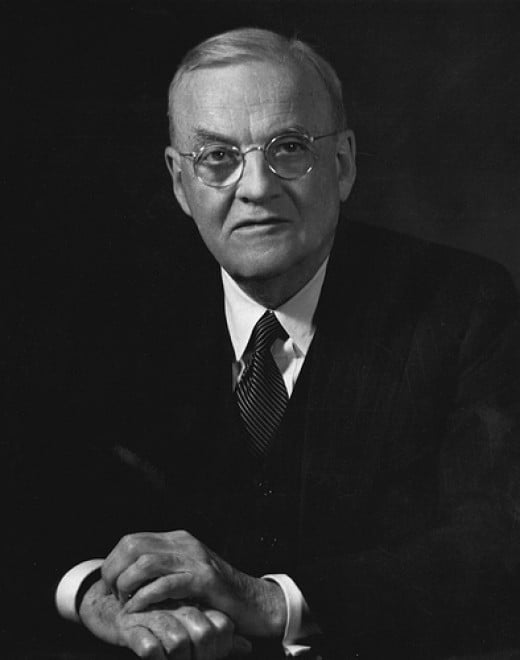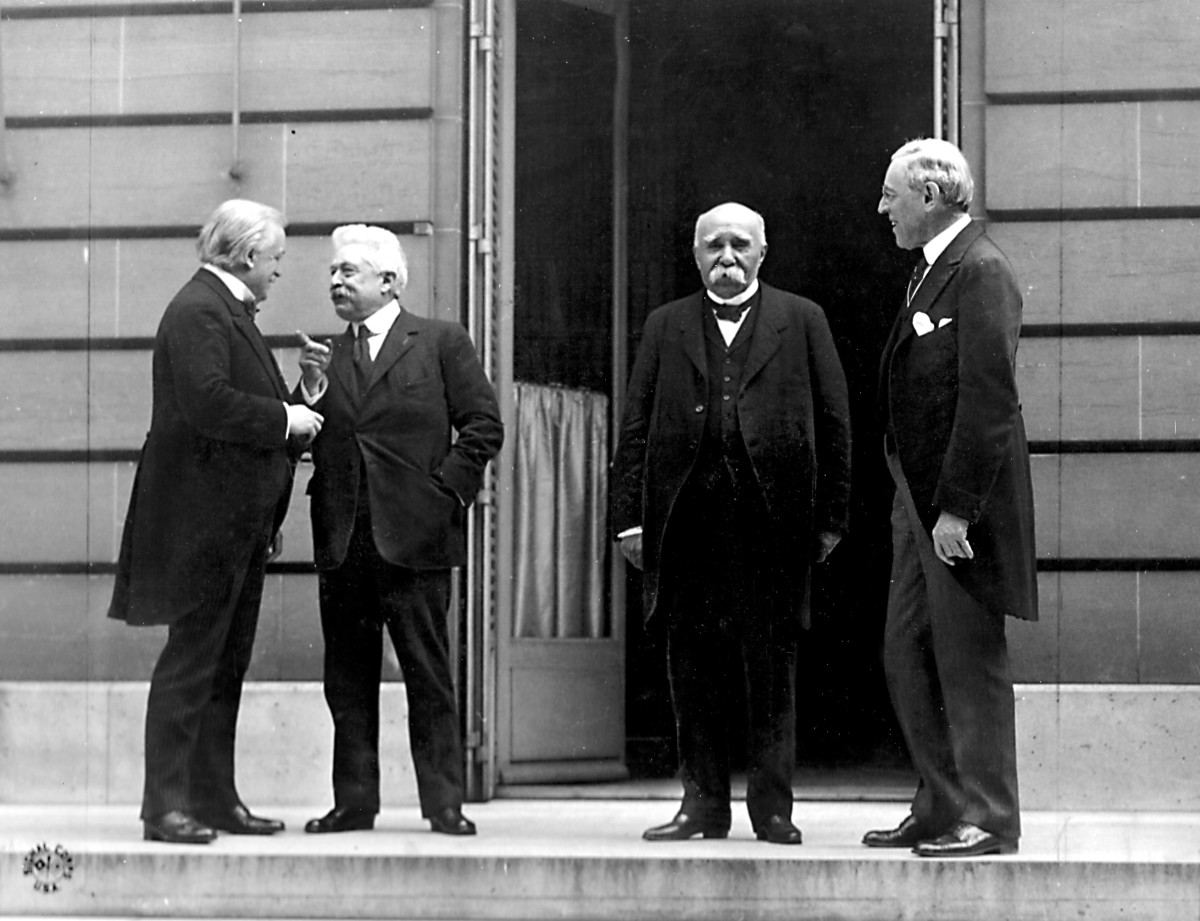The Myth of French Responsibility for the War Guilt Clause in the Treaty of Versailles


Myth: Article 231, construed as blaming Germany for the war, was written by the French as another way of punishing Germany.
Article 231 is the infamous "war guilt clause", wherein Germany (and Germany's allies) assumed responsibility for having caused the conflict, and hence were responsible for reparations for it. During the 1920s, Germany launched a fierce propaganda campaign on it, believing that if it could discredit Article 231, then it would knock out the centerpiece of the Treaty of Versailles. It is seen as a representation of the injustice of the treaty, and a lightning rod for German opposition and hostility to the terms of the treaty, even more than many of its actual material and territorial clauses. The text of the clause is below:
"The Allied and Associated Governments affirm and Germany accepts the responsibility of Germany and her allies for causing all the loss and damage to which the Allied and Associated Governments and their nationals have been subjected as a consequence of the war imposed upon them by the aggression of Germany and her allies."
Whether Germany actually started the war can be debated. However, a myth has arisen that Article 231 was written by the French, as part of a vengeful effort to blame the war on the Germans. This at least, is not true : the writing of the clause was created by John Foster Dulles and Norman Davis, two American diplomats at the conference. The United States, not France, is the one which imposed Article 231 on Germany.

Article 231 was furthermore, not destined to inevitably be the element of contention which it was to be. The head of the German delegation to the Versailles Conference, Brockdorff-Rantzau, chose to disregard explicit instructions to launch his frontal attack on the war guilt clause. German opposition to Article 231 was not simply an emotional reaction to being blamed for having caused the war, but instead was part of a strategy of denying the entire legitimacy of the Versailles treaty. It was Germany which chose to make Article 231 into a critical and harmful element of the treaty, instead of ignoring it and letting it be brushed off, claiming that its acceptance of the point was irrelevant as the treaty was signed under duress. Neither Hungary nor Austria expressed the same concern that Germany did about Article 231.
Series Links
- #10 The Myth that an Easy Peace was Possible in 1919 | HubPages
In the bruised and battered atmosphere of 1919, after 4 long years of war, no peace treaty built by mortal hands could have solved all the competing claims and pressures. - #9 The Myth that Versailles led to the Rise of the Nazis | HubPages
Instead of being destroyed by reparations, the German economy was largely destroyed by German internal mismanagement. - #8 The Myth that Reparations Destroyed the German Economy | HubPages
Instead of being destroyed by reparations, the German economy was largely destroyed by German internal mismanagement. - #7 The Myth that Versailles was Unprecedentedly Harsh | HubPages
Versailles is often brought up as an example of a harsh peace treaties, but peace treaties before it were sometimes similarly harsh, and successful treaties even harsher. - #6 The Myth of French Vindictiveness towards Germany | HubPages
France's taste for a Carthaginian peace against Germany has become famous, but conversely France preferred a moderate peace settlement with her neighbor to the east. - #5 The Myth of the Territorial Injustice of Versailles | HubPages
Versailles has been maligned for its territorial settlement betraying the 14 points, but it was largely as accurate to Wilson's vision as could be realistically achieved. - #3 The Myth of Un-Payable and Unjust Reparations | HubPages
German WW1 reparations are remembered as harsh, punitive, and infeasible, but this is much more a product of Anglo-German propaganda than reality. - #2 The Myth of a Conciliatory America | HubPages
Woodrow Wilson is remembered as a peace maker, but he was a partisan of a harsh form of justice at the Treaty of Versailles in 1919. - #1 The Myth that France Wanted to Break up Germany | HubPages
The Treaty of Versailles had been much maligned. Whether this is justified or not, much of this criticism has been directly unfairly against the treaty and simply isn't true.
© 2017 Ryan Thomas








